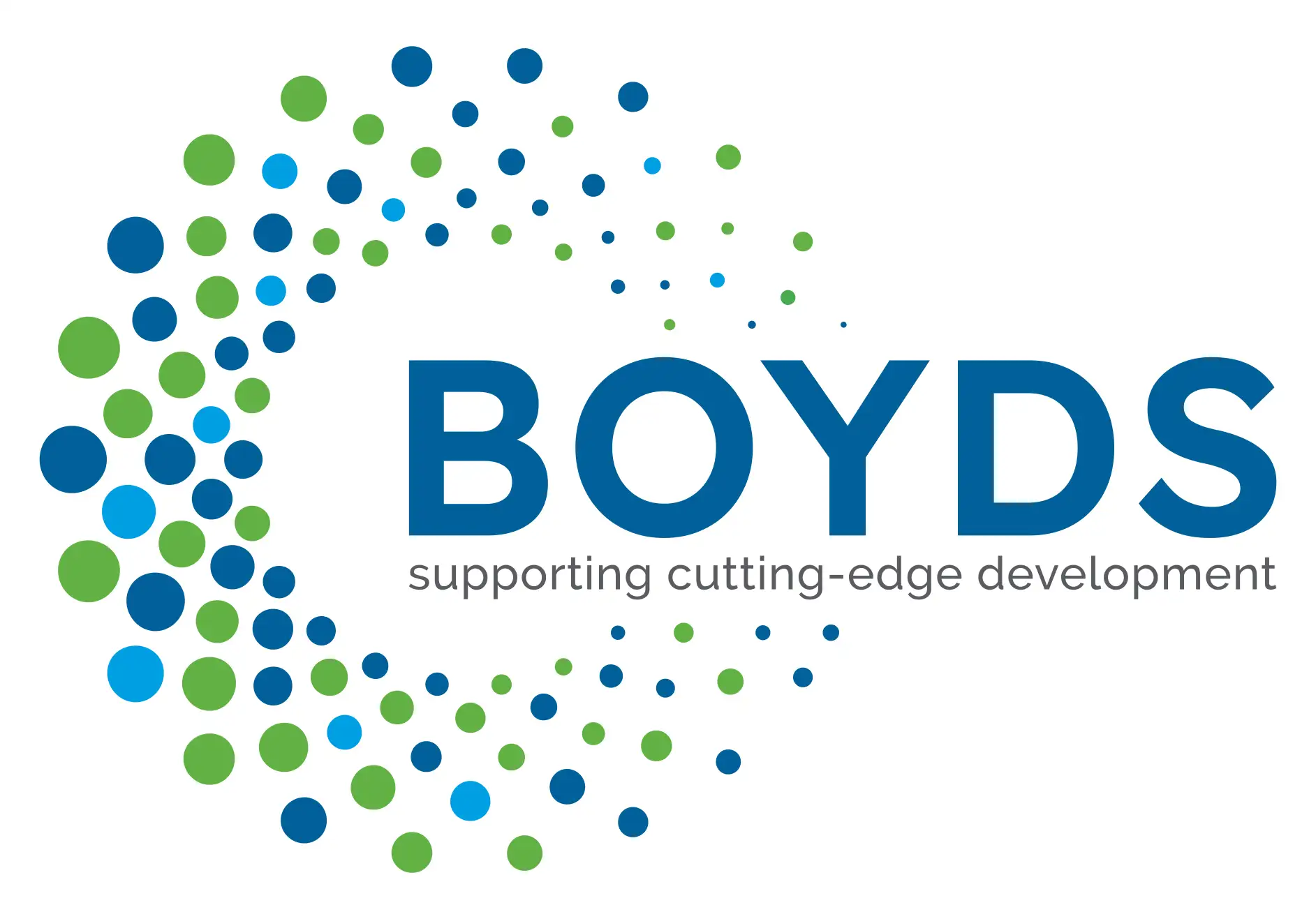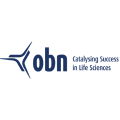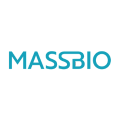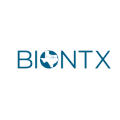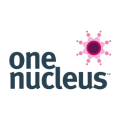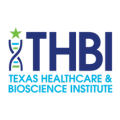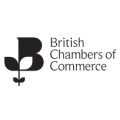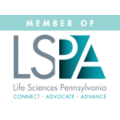With the launch of Axovia Therapeutics, a biotech company in the gene therapy space, Dr. Nick Meyers, VP and Head of Product Development & Programme Management at Boyds reflects on the team’s involvement in the company’s formation.
With recent advances in bioengineering and genetics, the therapeutic options for treating genetic diseases, especially monogenic diseases have broadened and are it seems, expanding exponentially. The delivery of gene therapy requires the use of viral vector (e.g., adenoviruses, adeno-associated viruses, lentiviruses) or nanoparticle delivery systems. Of the former, adeno-associated virus (AAV) vectors are among the most frequently used and have a solid track record of safe delivery. Next generation AAV vectors have been developed with novel capsids to effect specific tissue tropisms and to avoid eliciting immune responses and are being employed in the development of treatments for conditions such as haemophilia, retinitis pigmentosa, Fabry disease, Pompe disease, Duchenne muscular dystrophy and spinal muscular atrophy. To date, eight gene therapy products have been approved in Europe and two in the US (including Luxturnaâ, a product which Boyds has also helped to bring to market), many of which are AAV-based products. Indeed, the AAV-based gene therapy market alone is expected to grow at a compound annual growth rate of 43.4% in the years between today and 2030, fuelled by the many gene therapy and biotech companies with AAV gene therapy platforms – Meira GTx, Affinia Therapeutics, Jaguar Gene Therapy, to name a few.
Biotech, Axovia Therapeutics was formally launched in late February of this year, with a mission to provide a step-change in the treatment of life-limiting ciliopathies which affect 1 in 700 individuals and to address the devastating impact of these diseases on patients, their families and caregivers. Ciliopathies share a common aetiology arising from the dysfunction of cilia, finger-like appendages projecting from the apical surface of most cells in the body, which are important for cellular signaling. There are 35 distinct ciliopathies caused by gene mutations in over 200 genes. One of the archetypal ciliopathies is Bardet-Biedl syndrome (BBS), the study of which has led to a greater understanding of the role of cilia in disease. It is estimated that mutations in the BBS1 & BBS10 genes together account for approximately 65-70% of all BBS genotypes.
Axovia’s CEO Phil Beales, has been studying ciliopathies and caring for patients with BBS for over 25 years (he follows ~700 patients with BBS in the UK across 4 separate clinics) which led to him building the first registry and DNA biobank for BBS in the UK. He has been a medical advisor to the UK BBS patient advocacy society, BBSUK for the past 27 years. Professor Beales’ research into BBS gene therapy using AAV at University College London together with CSO and co-founder, Dr. Victor Hernandez, culminated late 2019 with the creation of, Axovia, a company to further the research and development of BBS1 and other ciliopathy gene therapies.
Boyds played an important role during early discussions at both a technical and strategic level in the structural relationships within and between Axovia (‘New Co’) and its US-based parent biotechnology company, Jaguar Gene Therapies (‘Parent Co’) which would provide manufacturing infrastructure and commercial support to Axovia. In addition, from the inception of Axovia and whilst the team was physically still located within UCL, the Product Development Team at Boyds played a major role in moving the BBS1 and BBS10 programmes forward by putting in place product development plans and basic program level governance systems (e.g., Gantt charts, RACI matrices, risk registers), as well as strategic regulatory advice. This input enabled the translational work and development planning for these programmes to be progressed in parallel with funding efforts and the legal mechanics of creating the company. Subsequently, the Boyds team was able to hand over the reigns to Phil and Victor who, with support from its parent company, Jaguar Gene Therapy, was able to complete the transition from academic project to a funded biotech company.
Axovia is partly funded by the UCL Technology Fund and is a majority-owned subsidiary of Jaguar Gene Therapy. Axovia has benefitted from initial operational support from Jaguar Gene Therapy, including manufacturing guidance which has expedited Axovia’s development timelines. In fact, this model involving experienced strategic advisors and local operational assistance, coupled with a parent company with technical knowledge and an existing infrastructure is in my view game-changing, and arguably accelerated the creation of Axovia. At the time of writing, Axovia is in the midst of a transition to independence, which we should be completed by Q4 of this year.
This work with Axovia is representative of many such projects Boyds has undertaken previously and is undertaking today – assisting academic groups move their programmes forward and put the essential building blocks in place in terms of appropriate personnel, fit-for-purpose quality management system and governance structures, as they undertake what can be a daunting journey to become a commercial organisation; and within newly spun-out or small, virtual development companies who need to reach key inflection points and add commercial value before expanding or transacting. Whether the relationship is transient or becomes a long-term partnership, the Boyds Product Development Team stands ready to help and assist its clients develop new, breakthrough medicines for patients who so badly require them.
